Keywords: Native Title
There are more than 200 results, only the first 200 are displayed here.
-

MEDIA
- Susie Garrard
- 29 September 2016
2 Comments
Almost all territories have their own popular artists, writing and performing in their native languages. However, many of these musicians seem unable to break into the wider market. In terms of marketed music, there is no doubt that English speaking artists hold sway. Yet some artists, such as Sydney Aboriginal band Dispossessed, who perform in both English and in language, and Cardiff native Gwenno, whose debut solo album is sung entirely in Welsh and Cornish, are bucking the trend.
READ MORE 
-
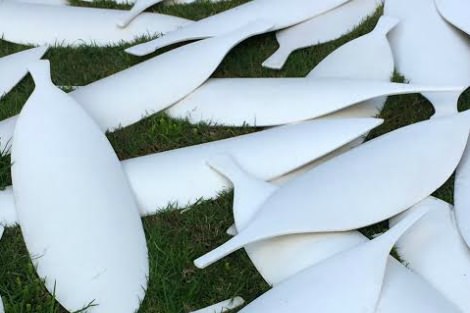
AUSTRALIA
- Jeremy Clarke
- 27 September 2016
1 Comment
Wiradjuri/Kamilaroi artist Jonathan Jones' piece is profoundly moving. At first glance it is little more than a quirky reconfiguring of the architectural footprint of the Garden Palace that burned to the ground on 22 September 1882, taking with it a collection of precious Indigenous relics. A more informed engagement however reveals that Jones has created a provocative re-imagining and, through this, a re-membering of Australian colonial contact history which has deep resonances for today.
READ MORE 
-

AUSTRALIA
- Bronwyn Lay
- 09 September 2016
17 Comments
When I read this week that Tony Abbott and John Howard will hear no talk of a Treaty with Aboriginal Australia, my first thought was 'Who listens to these blokes from ancient political history?' Abbott conceded that it is important to recognise Indigenous Australians were here first, 'But once it goes beyond that I think you open up all sorts of other things.' That is true, and those other things to be opened up are incredibly legally exciting and relevant to our times.
READ MORE 
-

AUSTRALIA
- John Warhurst
- 31 August 2016
17 Comments
If the plebiscite bill is defeated in parliament Labor, the Greens and Nick Xenophon will bear responsibility for not taking the opportunity offered even if it is in their view a second-best option. The government is already labelling them as same sex marriage wreckers. Yet if before too long a parliamentary alternative, such as a free vote, is found to advance the cause of same sex marriage then the rejection of the plebiscite option will come to be applauded as a master stroke.
READ MORE 
-
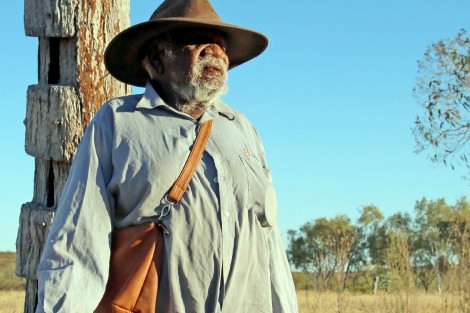
AUSTRALIA
- Moira Rayner
- 23 August 2016
9 Comments
I had been in WA for exactly a year when the local newspaper reported that a white guy had led about 200 people off Wave Rock station. Coming out of the comfortable myth that my home country of New Zealand was not racist, I was amazed to learn that Australia's Indigenous people were obliged to work without industrial protections. In 1966 it was the British Vesteys Group that had been exploiting Aboriginal people: today it is the State in the guise of 'community development', aka work for the dole.
READ MORE 
-
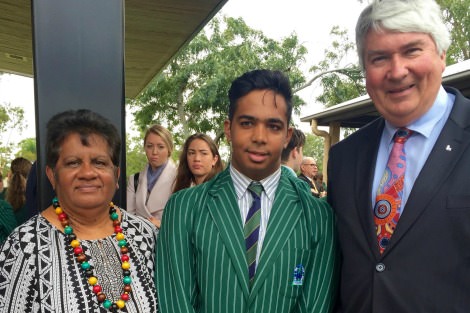
AUSTRALIA
- Frank Brennan
- 25 July 2016
7 Comments
Next year marks the 50th anniversary of the amendment to the Constitution which took out the adverse references to Aborigines. Following our recent election, we are assured at least six, and possibly seven, members of our national parliament who proudly claim an Aboriginal or Torres Strait Islander heritage. They are represented in all parties and none. How good it would be if our elected Aboriginal politicians could come together across party lines and propose an amendment to the Constitution which recognises them.
READ MORE 
-
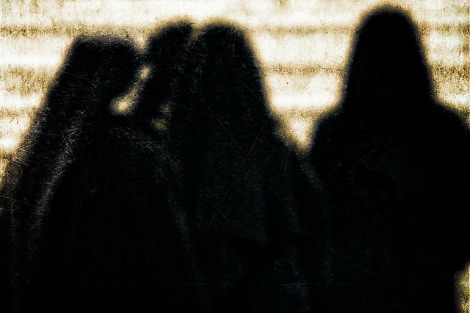
EDUCATION
I heard many interesting and sad and funny stories from this wonderment of nuns, this intensity of nuns, this insistence of nuns, but the story that stays with me is the nun who talked to me about the 50, count them 50, years she spent as a kindergarten teacher, in four schools, two of them quite rural, one quite urban, and one, she said, in the furthest outskirts of the city, the place where immigrants and migrants and really poor people live, the place where the bus route ends.
READ MORE 
-
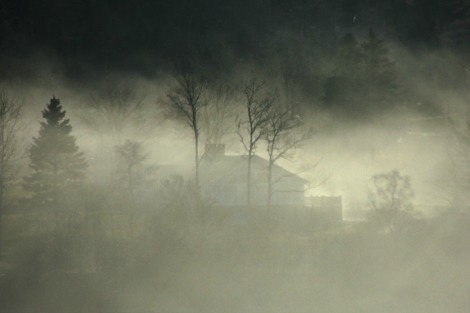
INTERNATIONAL
- Gillian Bouras
- 04 July 2016
8 Comments
Every migrant, and every ageing person, loses a home and the past: that is simply the way things are. Fortunate people have the chance to make another home, and to write a series of additional chapters in their personal stories. We look back at the past, but can never revisit it. And would we really want to? We should always be careful what we wish for, as many British people who voted to leave the EU may now well be learning only too painfully.
READ MORE 
-
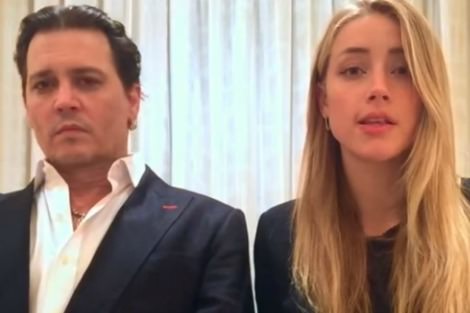
ENVIRONMENT
- Bronwyn Lay
- 21 April 2016
15 Comments
In the face of the increasing environmental destruction legally occurring within Australia's borders, chasing actors Johnny Depp and Amber Heard for bringing their undeclared dogs into Australia in breach of biosecurity laws comes across as a curated media stunt. Like everywhere in the world, Australian environmental law is at a crossroads. On one hand government regulations that permit violence against habitat increase, and on the other, legal challenges against this destruction rise.
READ MORE 
-
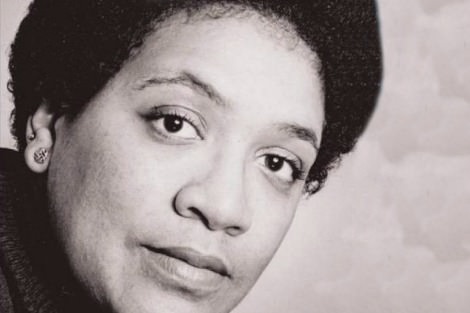
AUSTRALIA
- Somayra Ismailjee
- 24 February 2016
4 Comments
Feminist writer Audre Lorde wrote that 'Caring for myself is not self-indulgence, it is self-preservation, and that is an act of political warfare.' In medical professions, the term 'self-care' originated in reference to the self-management of illness. Self-care, however, also exists in the context of social justice, extending beyond physical wellness to cater for a holistic approach that includes emotional, mental and spiritual fulfilment. The need for this is rooted in the burden of oppression.
READ MORE 
-

ARTS AND CULTURE
- Tim Kroenert
- 01 February 2016
For seven years, Joy has been held prisoner in the garden shed of a suburban maniac. During this time she has raised a son, Jack, who is now five, employing elaborate and imaginative methods to nurture and educate him, while protecting him from the reality of their existence. Room is remarkable for its capacity to transmit the bleakness of Joy's situation via the wonder-full gaze of Jack, for whom this makeshift prison is the entire world, bursting with possibilities for recreation, rest and learning.
READ MORE 
-

RELIGION
- Frank Brennan
- 27 November 2015
2 Comments
'The crisis of child sexual abuse in our societies has required that our institutional procedures be more transparent and that we learn from the ways of the world in exercising power openly and justly. This means we have to restructure some of our church arrangements so that power is exercised accountably and transparently. All of us who have positions of influence and power in institutional churches need to be attentive to the voices of those who have suffered within our institutions.' 'Discerning the place for the prophetic voice and pragmatic cooperation of the churches in the great moral questions of the age', address to the Association of Practical Theology in Oceania conference, 26 November 2015.
READ MORE